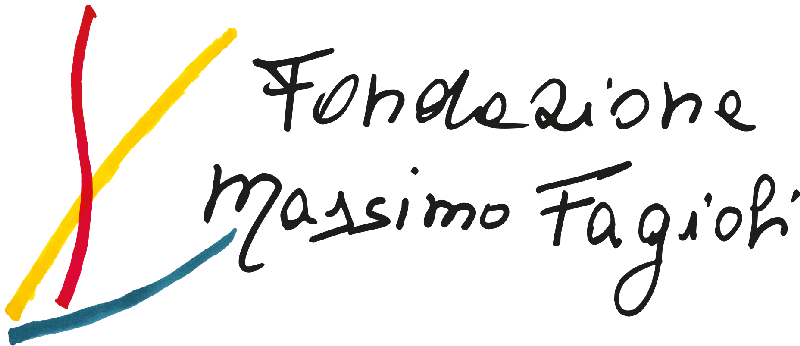Among the many theoretical approaches to Commons, especially from the standpoint of availability and access, the mostpopular one is framed on the individual property paradigm and supported by the anthropological conception of homoœconomicus. According to Garret Hardin [1], when access to common resources is granted to everyone, common goods would encounter a tragic destiny because of systematic unregulated and selfish hoarding which would bring to depletion anddestructive cycles.
This narrative, however, obscures the human capacity to stand in relationship with others and to make choices not only for her own self-interest, but also taking into account the human fulfillment of the whole community. In this regard, Elinor Ostrom’s seminal work [2] highlighted experiences of local cooperation showing that, beyond public or private ownership, there is a collective dimension that can distribute utility and power effectively and in solidarity. In line with these new ideas, jurist Stefano Rodotà has defined the Commons (tangible and intangible), and the access to them, as functional to the realization of fundamental rights and to the development of the human person [3].
A univocal definition of Commons is still undergoing and, considering the transversal and multidisciplinary dimension of the topic, it is very complex to draw sharp boundaries of this concept which is affected by a wide and varied debate. In the context of our research, the notion of Commons should encompass not only material goods such as water, ecosystems and biodiversity, the protection of which was included in the Italian Constitution (Art. 9) by a recent constitutional reform, but also intangible goods such as access to education, culture, city, scientific knowledge and care. Diving into these theories, the group aims to highlight the multiple connections between the Human Birth Theory and the development of the concept of the Commons so as to combine them with the realization of human identity. The Human Birth Theory anthropological conception leads to the overcoming of the rational idea of homo œconomicus and of the man-nature dichotomy by recognizing the original social capabilities of human beings which are necessarily developed in a collective dimension, with and through relationswith others and in a renewed connection with environment.
The idea of homo homini lupus [4] finds no place into such avision. The Human Birth Theory overcomes the distinction between human and natural realities by showing how the thinking emerges from the biological reality and how the irrational dimension, historically attributed to the “wild” world, is instead constitutive of the mankind characterizing both our individual development and relationships with others.
According to Massimo Fagioli, in fact, the first wisdom of a human being is “the certainty-hope of the existence of another human beingwho responds to desire… the first and fundamental meaning of coming into the world: being together with others, doing together, the original sociality of man” [5].
References
1 G. J. Hardin, “The Tragedy of the Commons”, in Science, vol. 162, n. 3859, 1968, pp.1243-1248.
2 E. Ostrom, Governing the Commons: The Evolution of Institutions for CollectiveAction, Cambridge University Press, 1990. Trad. it.: Governare i beni collettivi, Marsilio,Venezia, 2006.
3 S. Rodotà, “Diritto e beni” in S. Rodotà, Il terribile diritto, Bologna, Il Mulino, 2013,pp. 459-498.
4 T. Hobbes, Il Leviatano, Milano, Bompiani, 2001, [1651].
5 M. Fagioli, Bambino donna e trasformazione dell’uomo, Roma, L’Asino d’oro edizioni,2013, p. 140.
